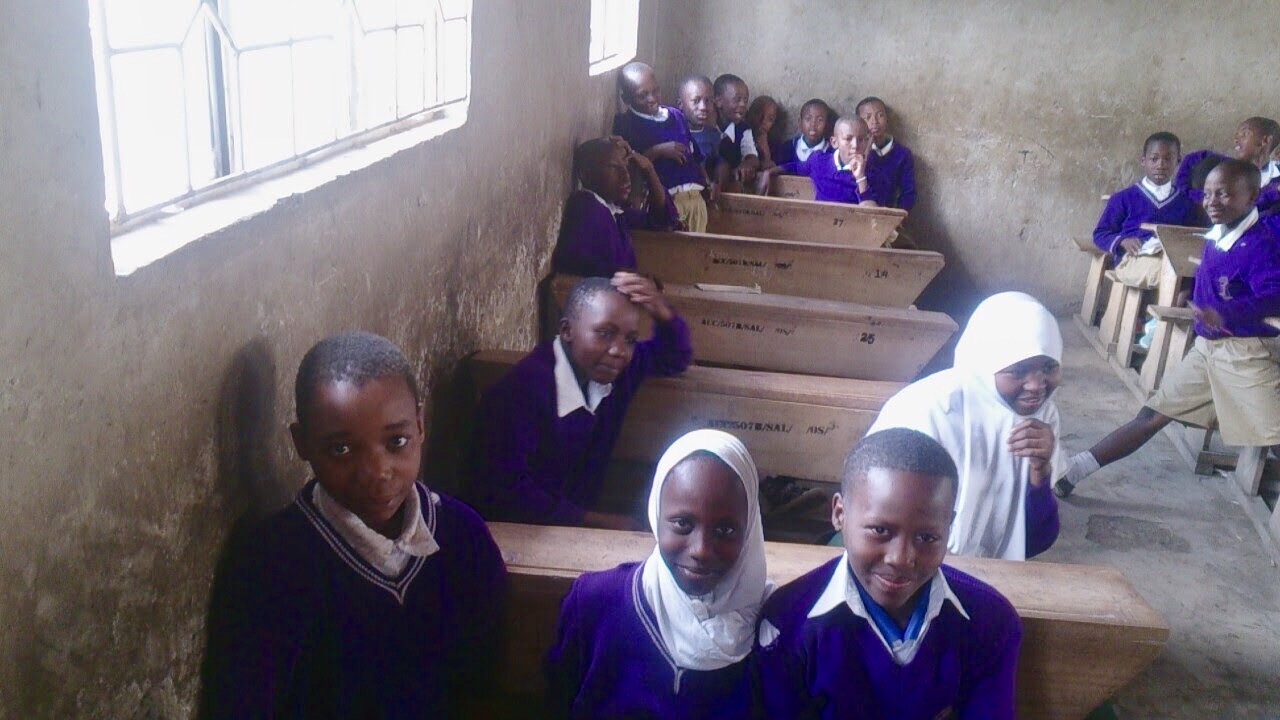January 10, 2017
The identification of new scholars is pertinent to TFFT’s work. Each year, we welcome new scholars from communities around Arusha, Tanga, Kilimajaro, and Simanjiro Regions of Tanzania. The process of identification must be clearly planned and executed, as it is the foundation of our work – to help most vulnerable children (MVC) thrive in their communities. Our annual goal for bringing in new scholars is around 10, however, sometimes this number fluctuates higher or lower.
The standard categorization for most vulnerable children includes the demographic characteristics and indicators of poor living conditions. The criteria used to identify the children’s vulnerability includes: those living in child-headed or elderly-headed households with no adult from 20–59 years-old present, those with one or both parents deceased, children with one surviving parent living in a house with poor quality roofing (grass and/or mud), wall materials, or without toilet facilities, and those with a disability living in similar poor conditions. This classification recognizes that not all orphaned children are most vulnerable, and it equally recognizes that children living with a parent can be most vulnerable.
TFFT works closely with the Department of Social Welfare of Tanzania to identify the most vulnerable children. We take the above factors into consideration and incorporate the Progress out of Poverty Index (PPI) in searching for MVCs. TFFT targets children who come from households with a PPI index of less than 50%. These are children who are more likely to be poor and are living below the national and International Poverty lines.
For 2017, we identified 13 children for placement with a TFFT Scholarship. However, this year, we only had five places to offer, and placed 8 children on our waiting list for 2018. We learned through this year’s identification process that we must develop the capacity of village leaders to help identify MVCs so that they can lead our identification team to the target households. Also, we plan to lengthen the time frame in which we conduct our identification process. The reason for this is that the process of registration of birth and death is still weak in rural Tanzania, so it takes us a long time to find correct sources regarding family history.
TFFT is committed to making a difference for most vulnerable children. Stay tuned for more about our new scholars for 2017!




